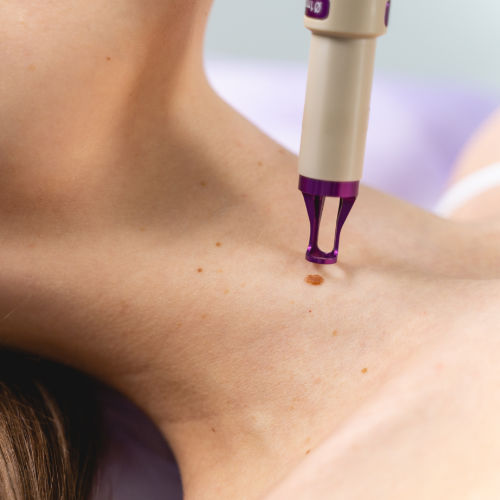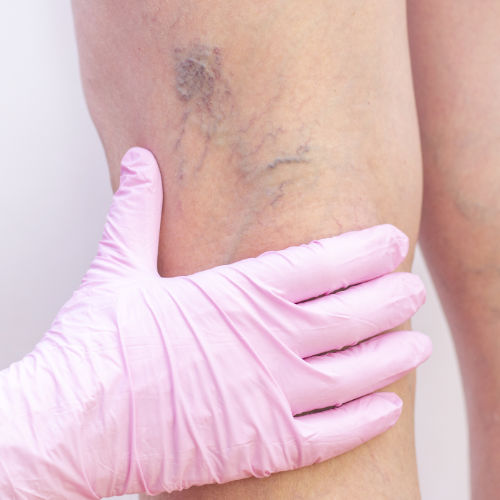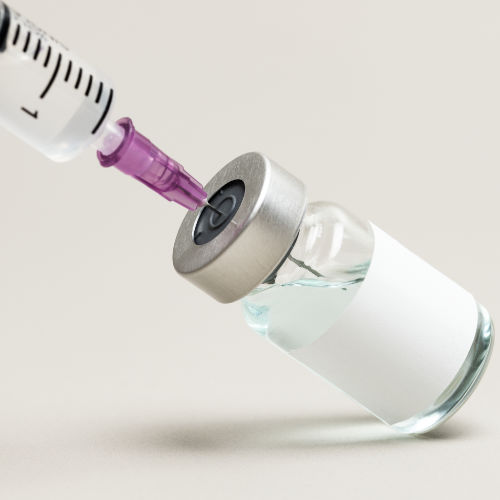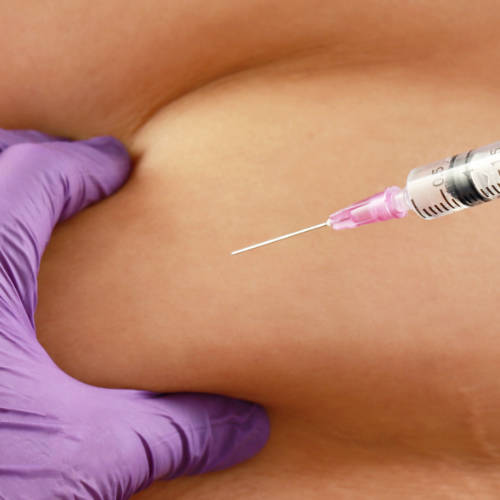Wellbeing Injections (Vitamin B12 injection)
Vitamin B12, also known as cobalamin, is an essential nutrient that plays a crucial role in various bodily functions, including nerve function, the formation of red blood cells, and the metabolism of certain nutrients
Vitamin B12 injections are a method of delivering vitamin B12 (cobalamin) directly into the bloodstream through an intramuscular injection. It's important to note that while vitamin B12 injections are effective in quickly raising B12 levels, dietary changes and oral supplements are often recommended for long-term maintenance.
How does it work?
Once injected, the vitamin B12 enters the bloodstream rapidly and becomes readily available for the body to use.
How long does it last?
The frequency, dosage and duration of injections will depend on the individual's specific needs and the underlying reason for the deficiency.
Are there any side effects?
Common side effects include:
Pain or Discomfort at the Injection Site: Some people may experience mild pain, redness, or swelling at the site of the injection. This is typically temporary and resolves on its own.
Hypokalaemia (Low Potassium): High doses of vitamin B12 can potentially lower potassium levels in the blood. This can lead to symptoms such as weakness, muscle cramps, irregular heartbeat, or tingling sensations. Monitoring potassium levels may be necessary in some cases.
Diarrhoea: In some cases, vitamin B12 injections can cause gastrointestinal symptoms such as diarrhoea.
Headache: Headaches are a less common side effect of vitamin B12 injections but can occur in some individuals.
Acne or Skin Reactions: Some people may experience skin problems, such as acne or skin rash, as a side effect of B12 injections.
Allergic Reactions: While rare, some individuals may have an allergic reaction to the vitamin B12 injection.
Symptoms of an allergic reaction can include hives, itching, swelling of the face or throat, difficulty breathing, or severe dizziness.
If you experience any of these symptoms, seek immediate medical attention.
Post procedure advice
After receiving a vitamin B12 injection, it's important to follow some post-procedure advice to ensure a safe and effective recovery.
Rest and Relaxation:
It is a good idea to rest for a short period after the injection to minimize the risk of dizziness or fainting, especially if you have a history of such reactions.
Hydration:
Drink plenty of fluids to stay hydrated. This can help your body process the injection more effectively and reduce the risk of side effects.
Monitor for Allergic Reactions:
Observe for signs of an allergic reaction, such as hives, itching, swelling, or difficulty breathing. If you experience any of these symptoms, seek immediate medical attention.
Avoid Excessive Physical Activity:
For the first day or two after the injection, it's generally a good idea to avoid strenuous physical activity to allow your body to absorb the vitamin B12 properly.
Diet and Lifestyle:
Maintain a balanced diet rich in vitamin B12-containing foods like meat, fish, dairy products, and fortified cereals. This can help sustain your B12 levels between injections.
If you are a vegetarian or vegan, discuss dietary sources or supplements of B12 with your Practitioner
Follow-Up:
Depending on your specific condition and the reason for the injection, your Practitioner will determine the frequency of future injections.


















